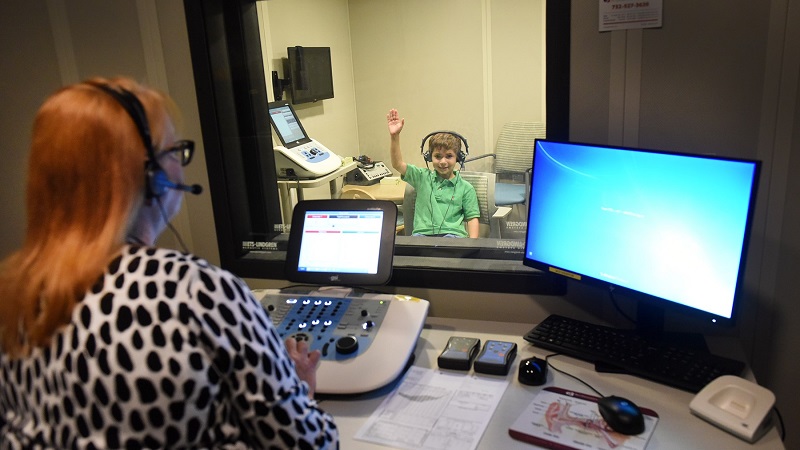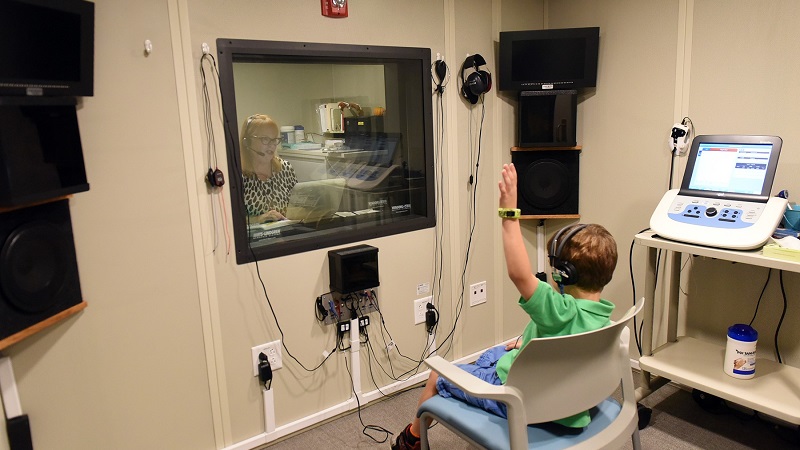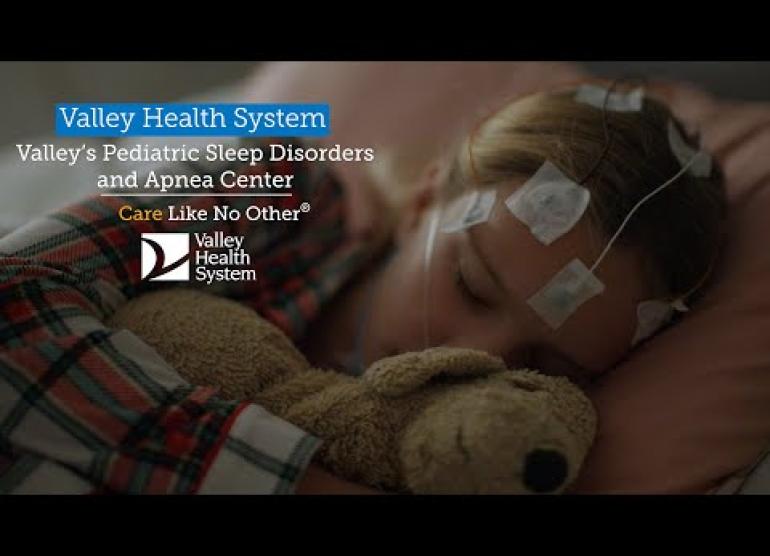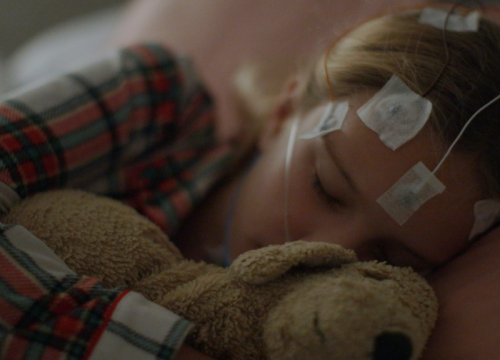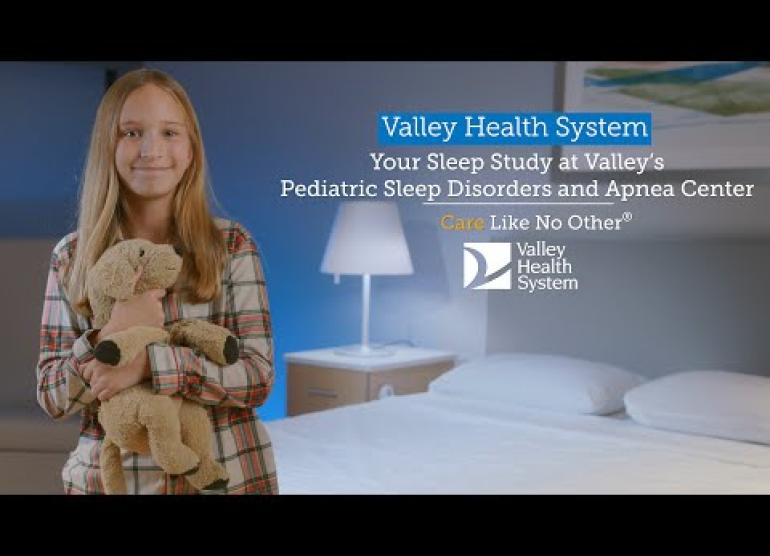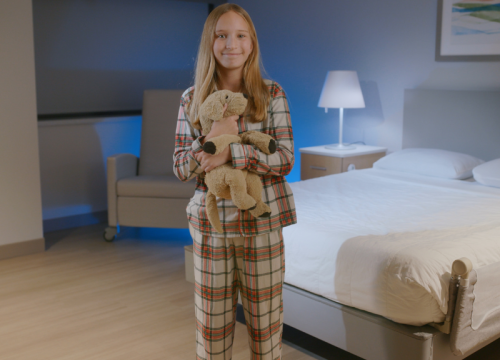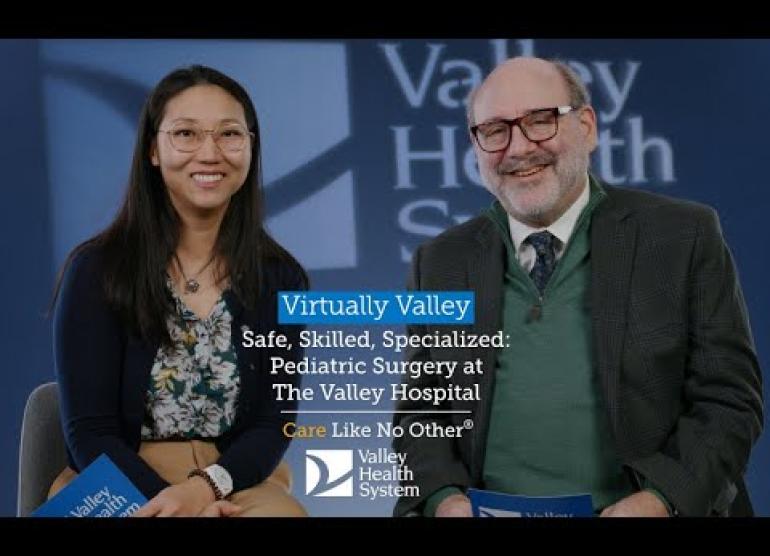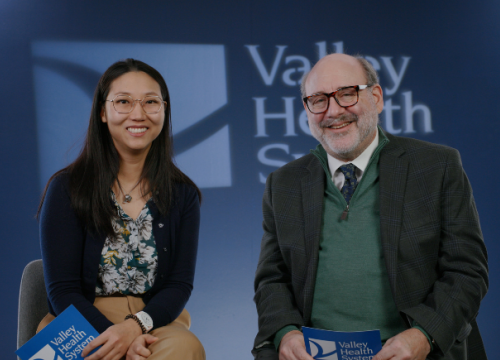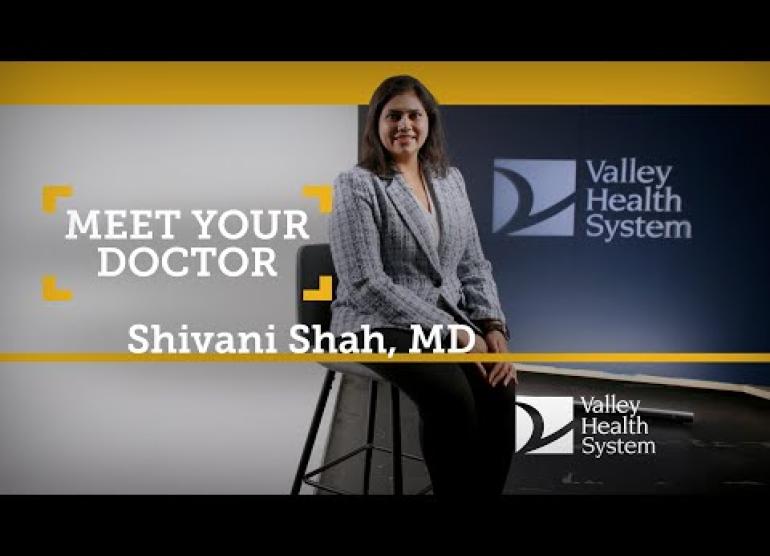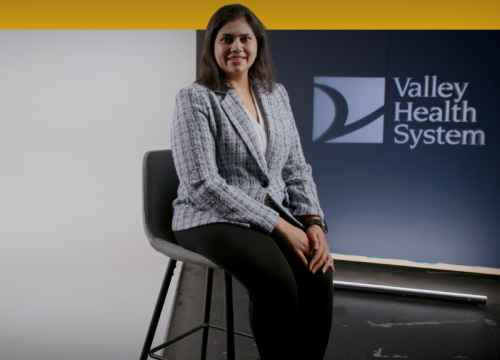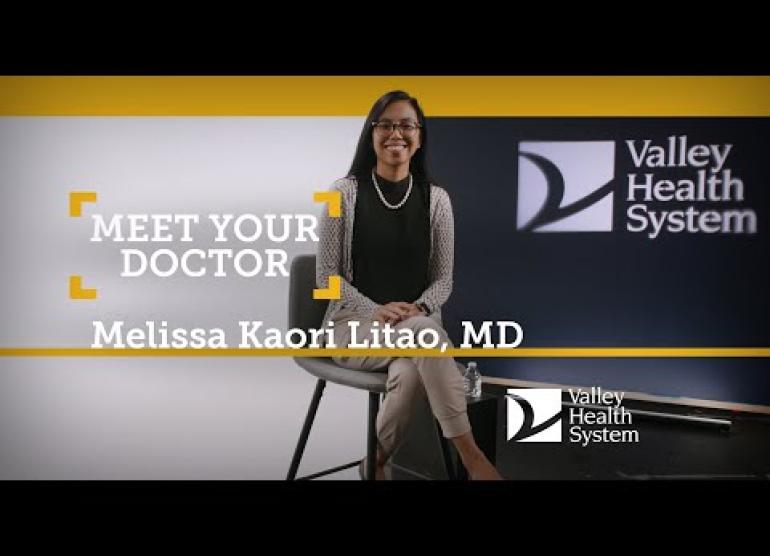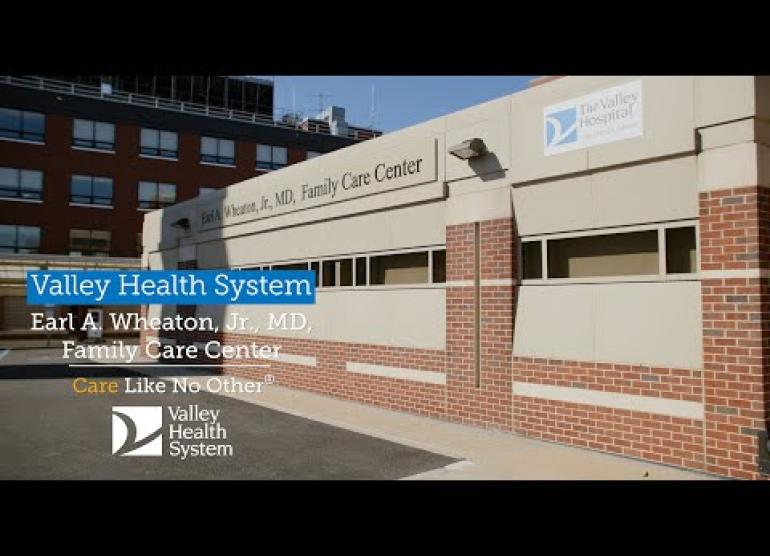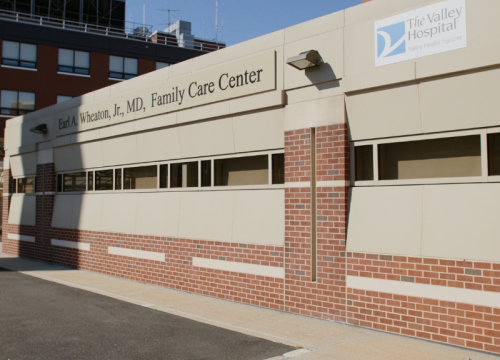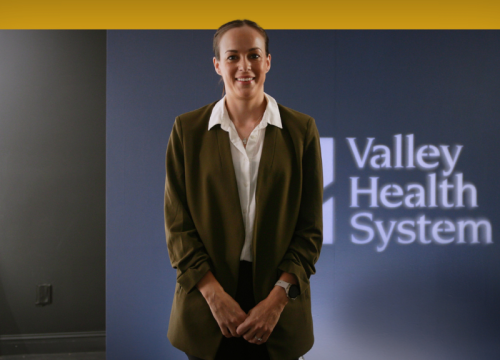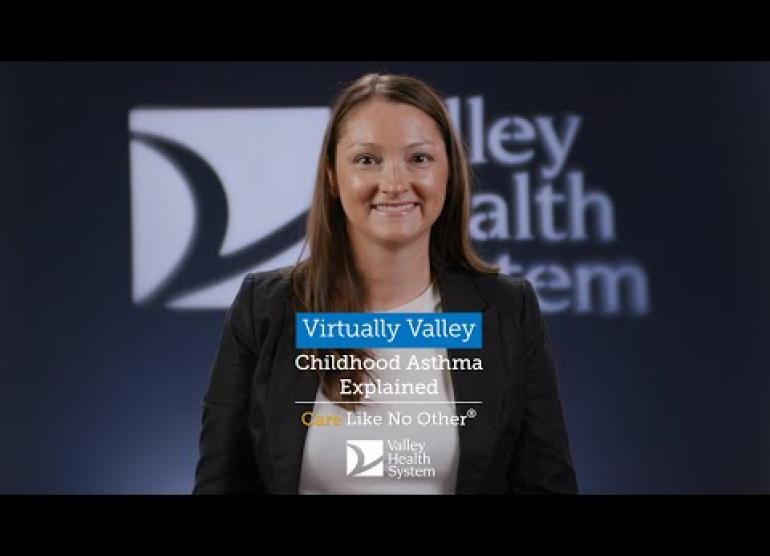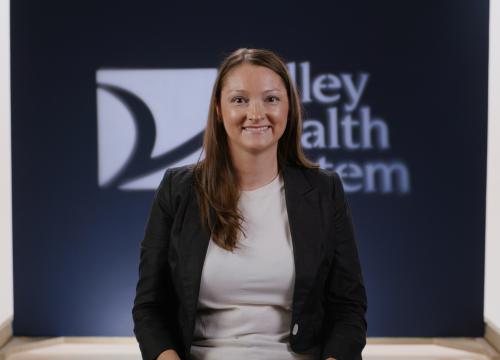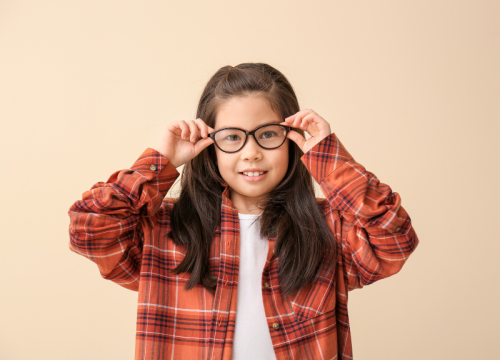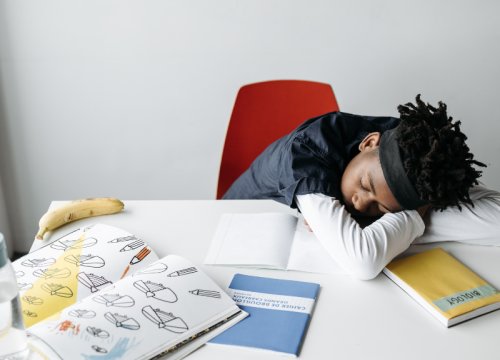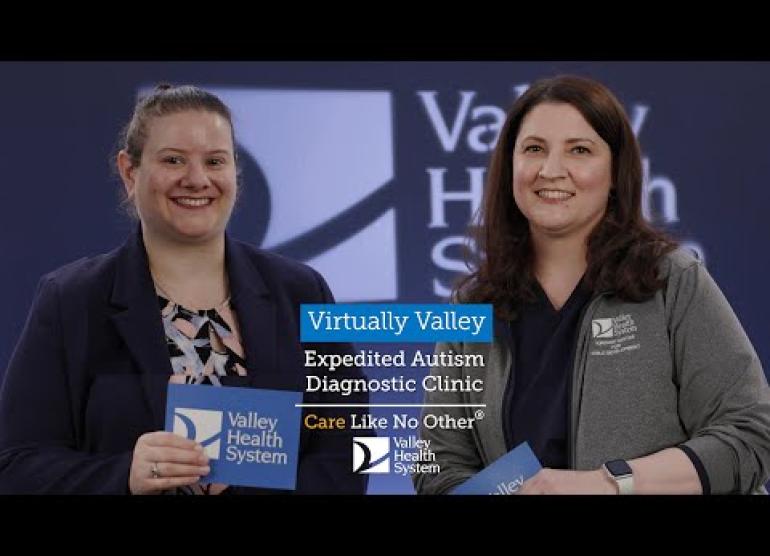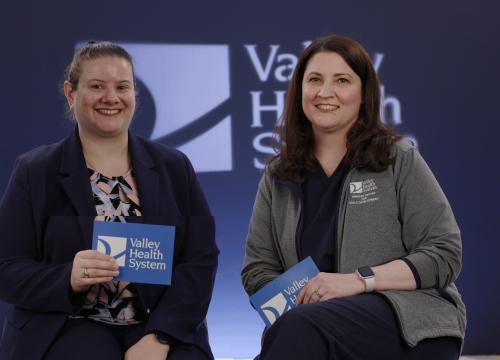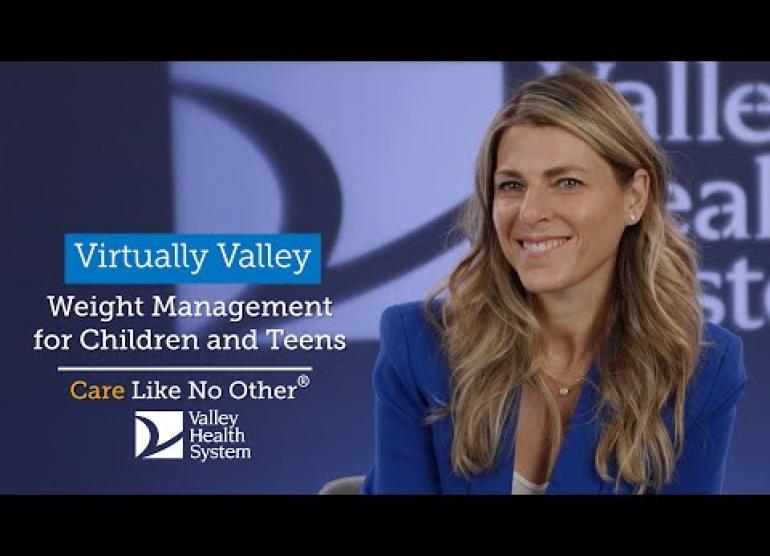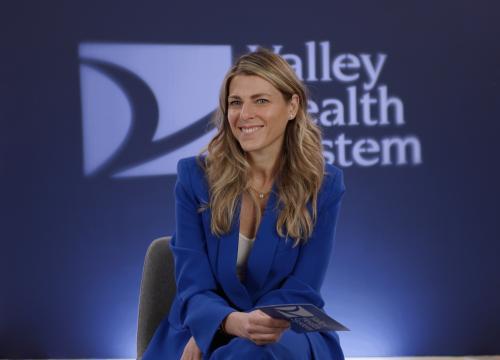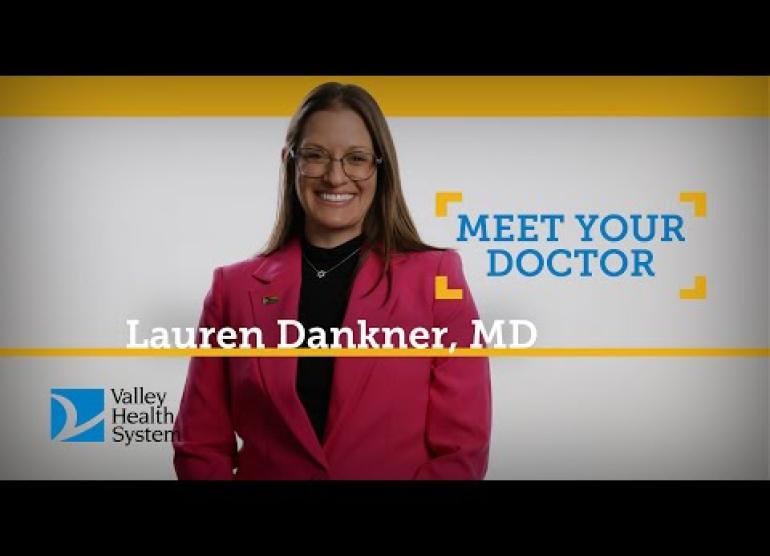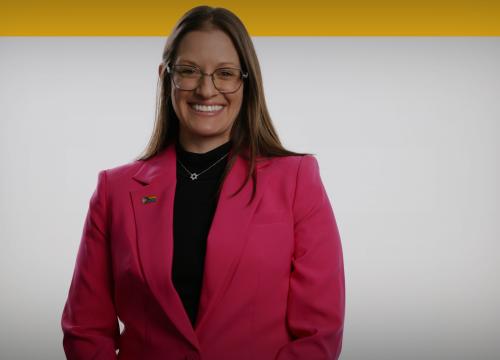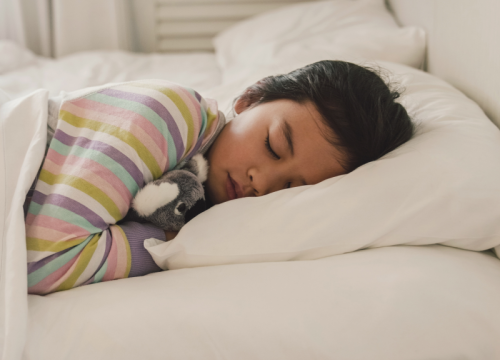A child’s sense of hearing impacts not only his/her ability to hear sounds and comprehend the world around him/her, but also the ability to develop speech and language, to cultivate social and emotional well-being, and to succeed in school and at work.
The pediatric audiology team at the Kireker Center for Child Development evaluates and diagnoses all types of hearing disorders in children from birth to age 21. We consider each child’s individual and unique abilities in determining which tests will be most appropriate.
Audiology Services
- Complete audiological evaluations (in soundfield and using earphones), including pure tone testing, immitance, and otoacoustic emissions testing in soundfield and using ear phones
- Central auditory processing disorder (CAPD) evaluations
- Auditory evoked brainstem response evaluations, including NICU and newborn follow-up
- On-site pediatric hearing aid dispensary, including real-ear measurements and speech-mapping, repair services, and custom ear molds, even if the hearing aids were not purchased at our center
- Swim molds
If your child is diagnosed with a hearing loss, we can refer him/her to a pediatric otolaryngologist, geneticist, or other physician specialists for follow-up care. We also make recommendations for school accommodations for hearing loss or hearing aids. Our audiologists are always available to speak with child-study teams, teachers, and other education professionals.
Our audiology department works closely with the New Jersey Early Hearing Detection and Intervention Department of the New Jersey Department of Health to monitor and document hearing loss and to monitor infants with risk factors for early childhood hearing loss.
Is your child coming to the Kireker Center for a hearing test? This booklet can help them understand what to expect when they get their hearing checked. Click here to read!
Audiology FAQs
How old must a baby be to be tested for a hearing disorder?
A baby can be tested within hours of being born to determine if there is hearing loss and to what degree. At the Kireker Center for Child Development, we evaluate children from a few weeks old up to 21 years of age.
Must my child be sedated before a hearing test?
Routine hearing tests don't require sedation. During a hearing test, we evaluate each child’s ability to respond to sounds so he/she needs to be awake and alert. When we evaluate babies, we try to test them during a time when they are sleepy and fed so they are not cranky or crying. Very rarely do we need to sedate a child prior to a hearing test.
Could my baby/child be at risk for developing a hearing loss?
A number of factors could put your baby or young child at risk for hearing loss. These include being born prematurely (before 38 weeks of pregnancy) or spending more than five days in a neonatal intensive care unit (NICU) after birth. Other risk factors include a family history of hearing loss; a neurodegenerative disorder; a culture-positive postnatal (after birth) infection, such as meningitis, herpes virus, or varicella; treatment with chemotherapy or antibiotics; or a traumatic head injury. Older children may suffer a hearing loss from a skull-based or temporal bone fracture of the head that requires hospitalization, such as an injury that occurs from a motor vehicle accident or from roller skating, skateboarding, or riding a bike without a helmet.
Why does my child need a hearing test before a speech-language evaluation?
In many children, hearing loss can contribute to or cause a delay in speech and language development. By doing the hearing test first, we will know whether a hearing loss can be ruled out or whether a loss is contributing to a speech-language delay.
My child was diagnosed with a hearing loss. Will hearing aids be enough for him to hear in school?
Hearing aids are as essential for a child to hear as eyeglasses are to correct a vision problem. Depending on your child’s degree of hearing loss and the recommendations of our audiologist and an educational audiologist affiliated with your child’s school, we may advise that your child use a personal FM system to help your child hear his/her teacher more clearly in the classroom.
Some children must be given extra time to take tests. Others need a teacher of the deaf or hard-of-hearing. Your school’s child-study team or educational audiologist will advise you about these services. Every school’s goal is to keep a child with a hearing loss in a regular classroom with his/her peers as much as possible. Special school placement is usually not necessary for children with hearing loss.
Our Team
Our pediatric audiologist, Katherine Kleban, Au.D., CCC-A, has a doctoral degree in audiology and is a licensed audiologist and hearing aid dispenser in the state of New Jersey. Dr. Kleban has experience in providing pediatric as well as adult audiology services.
Dr. Kleban completed her undergraduate degree in speech-language pathology at East Stroudsburg University and her doctoral degree in audiology at Montclair State University. Dr. Kleban has her Certificate in Clinical Competence in Audiology from the American Speech-Language-Hearing Association. Her main focus is pediatrics but she sees patients of any age, making a transition of pediatric hearing loss to adult hearing loss easier on families. Dr. Kleban is also the coordinator of the Valley Hospital Newborn Hearing Screening Program.
Insurance Information
We participate in most major health insurance plans. Please check with your carrier for specifics about what services are covered by your individual health insurance policy. Depending on when your child’s first appointment is scheduled, we may either ask you to come early to fill out the necessary paperwork or mail you a packet of information to bring with you. Please bring with you any referrals, co-payments, pre-authorization information, or other forms that your insurance policy requires for reimbursement or payment.
In New Jersey, Grace’s Law compels health insurance companies to provide coverage for pediatric hearing aids. If you are an employee of Valley Health System, your health insurance covers pediatric hearing aids for your dependents.
Special Child Health Services may also provide assistance in purchasing hearing aids. Our audiologists can help you learn more about these services.


